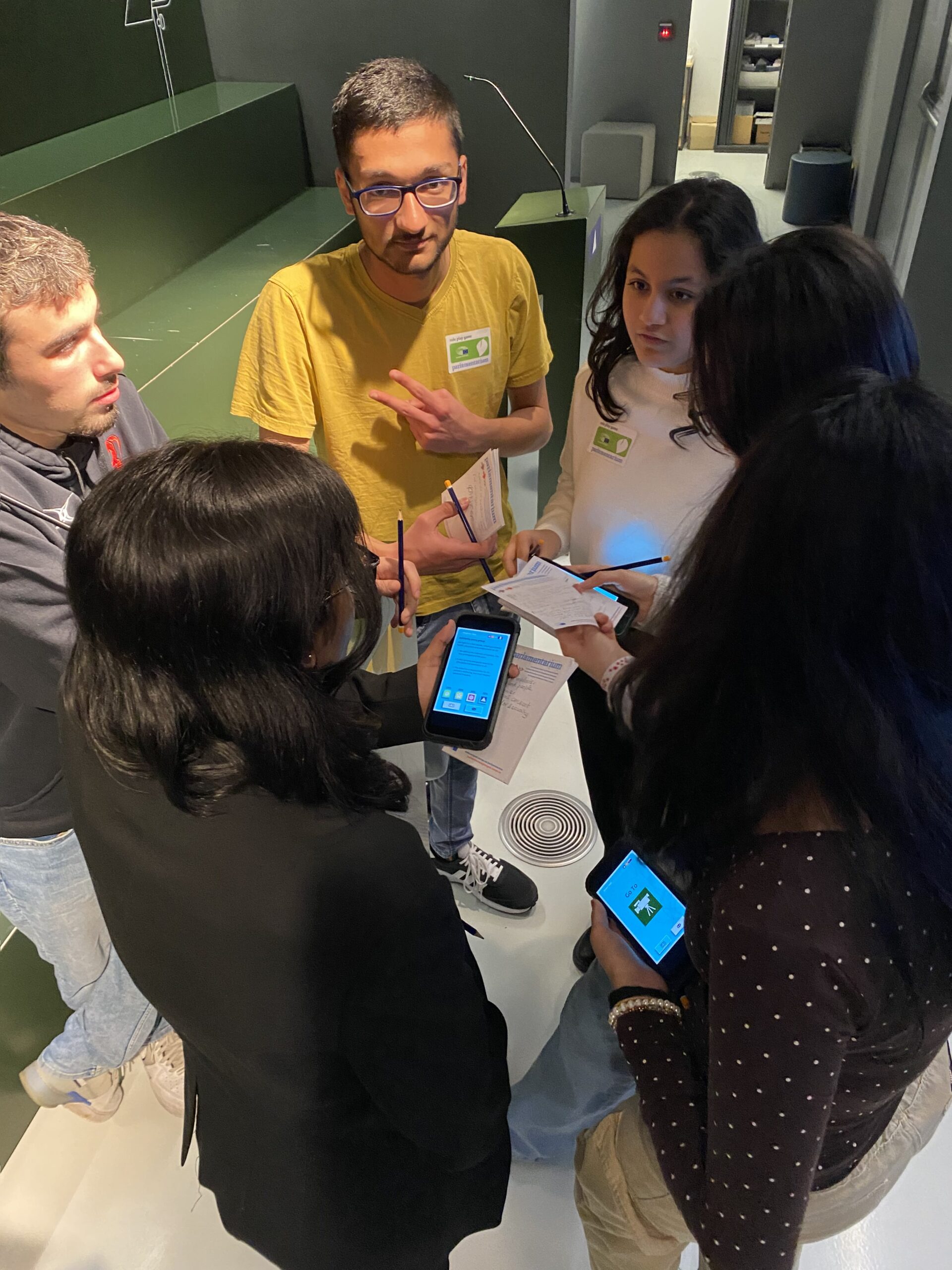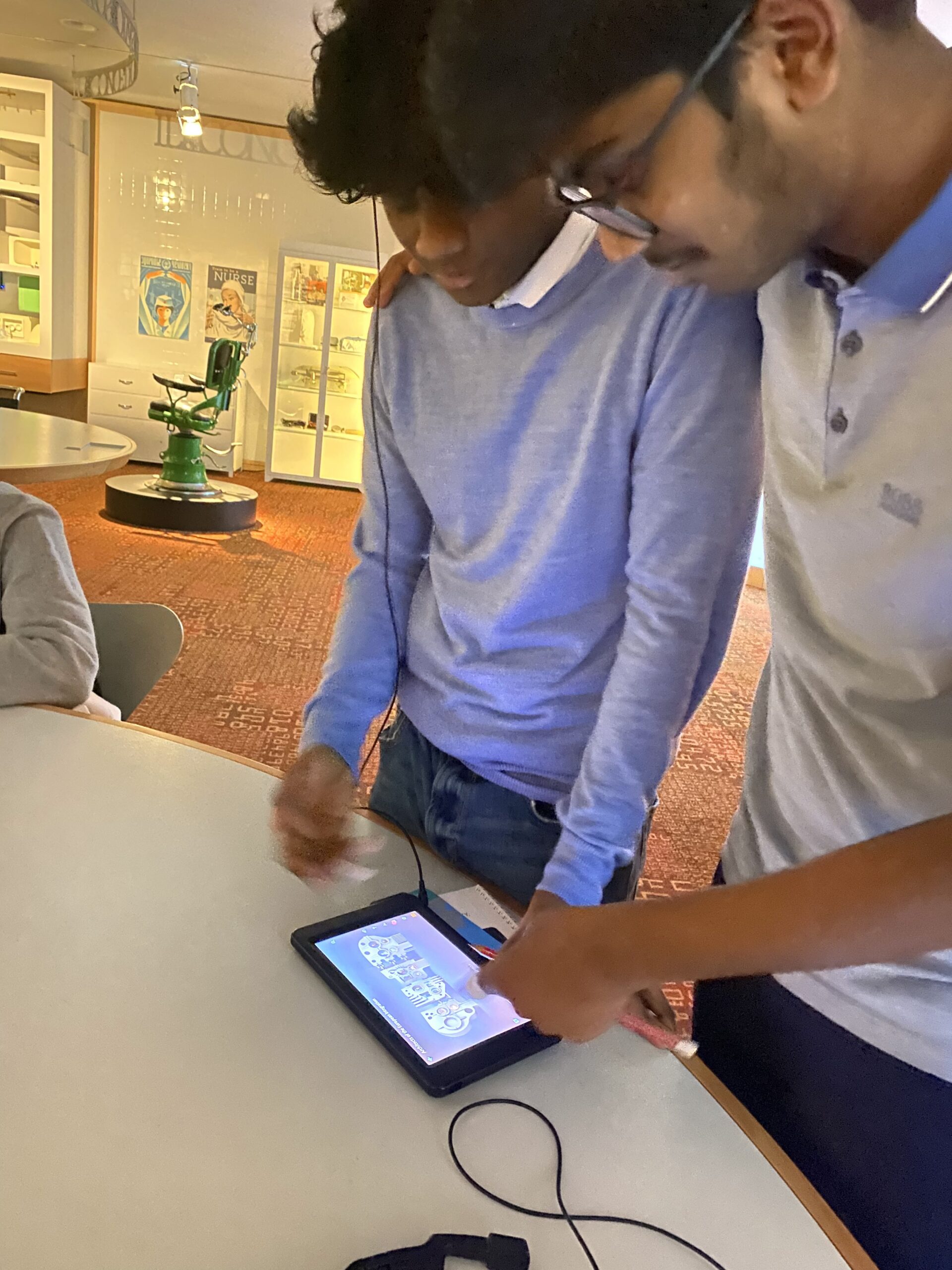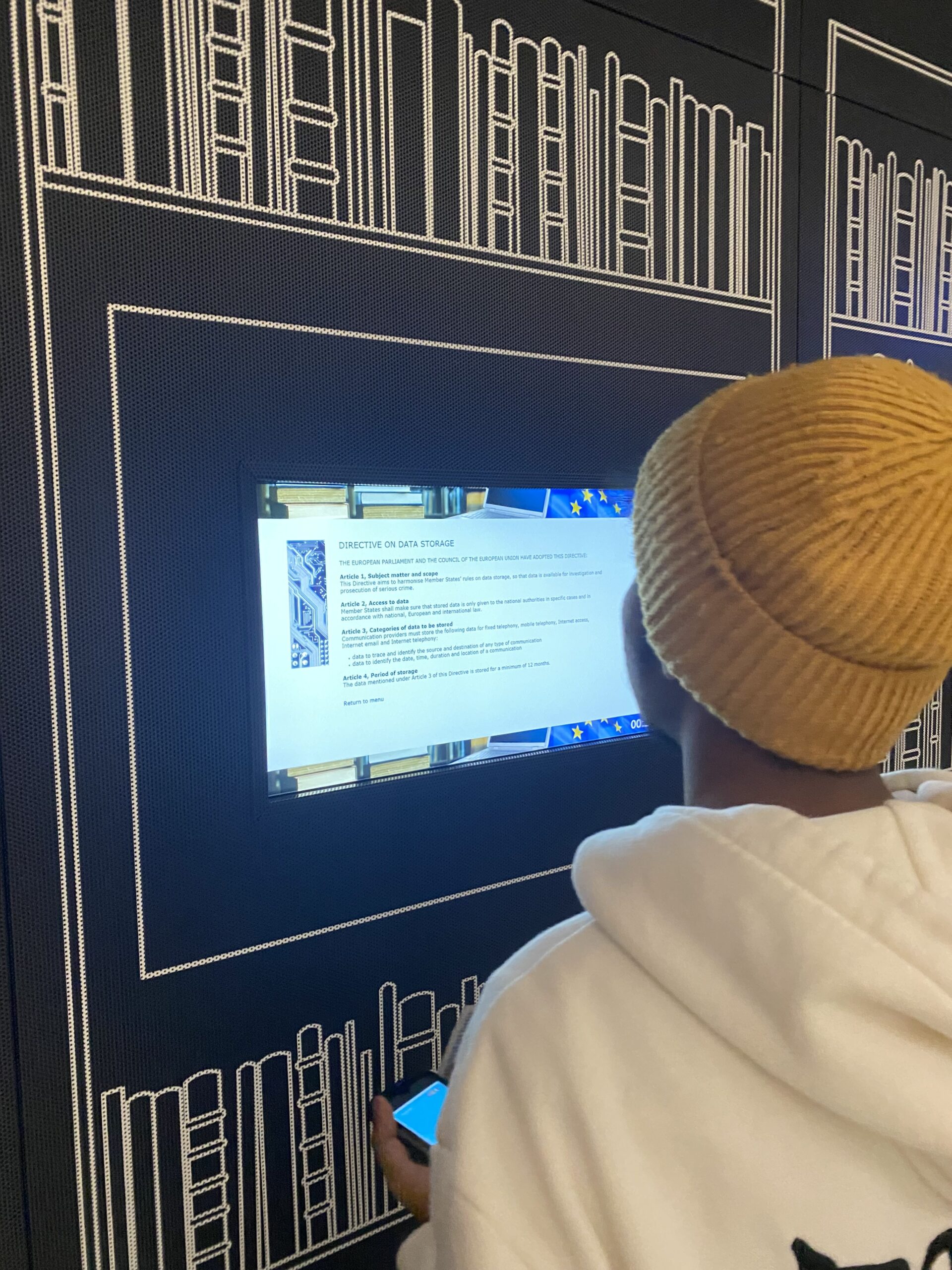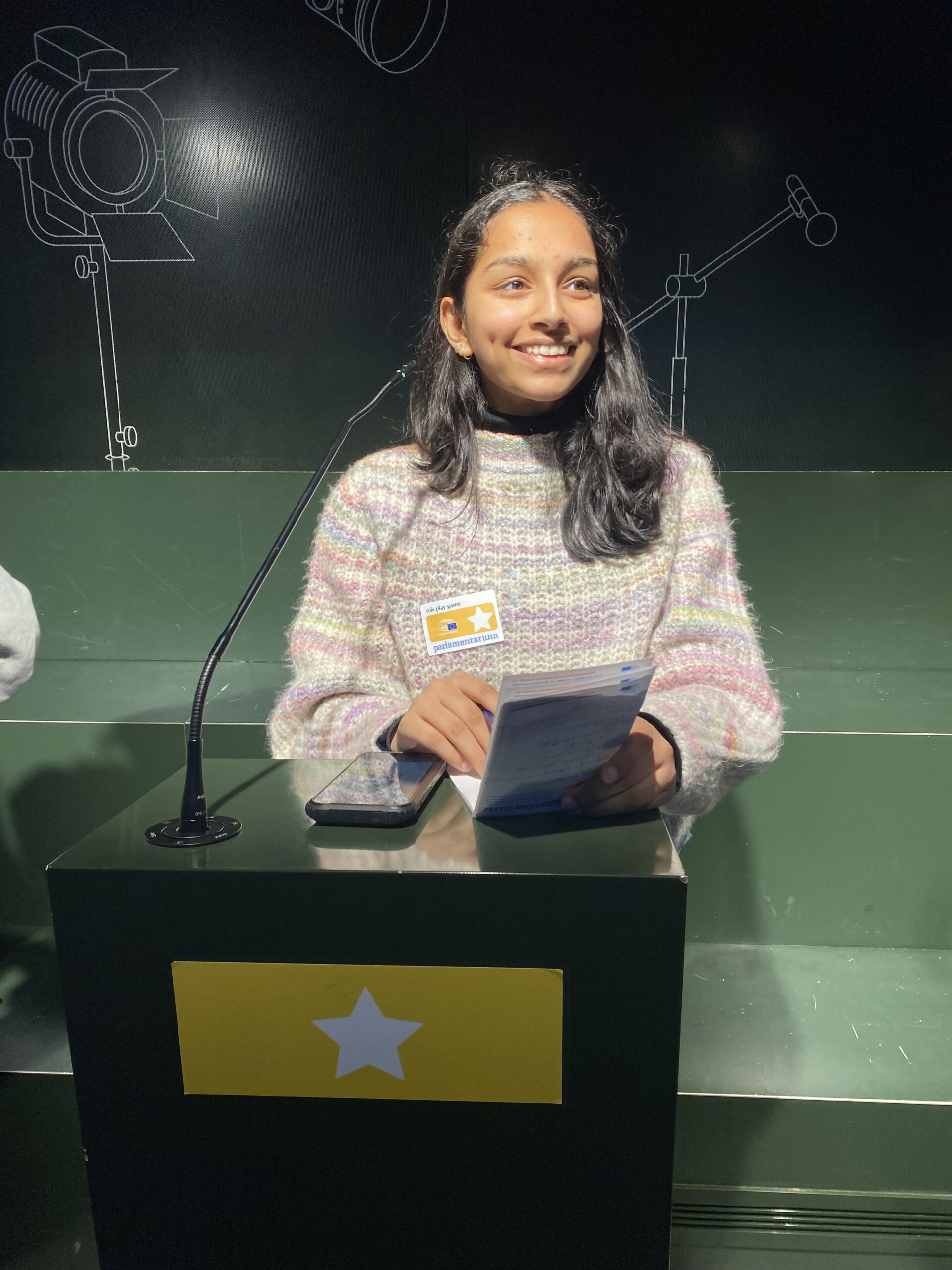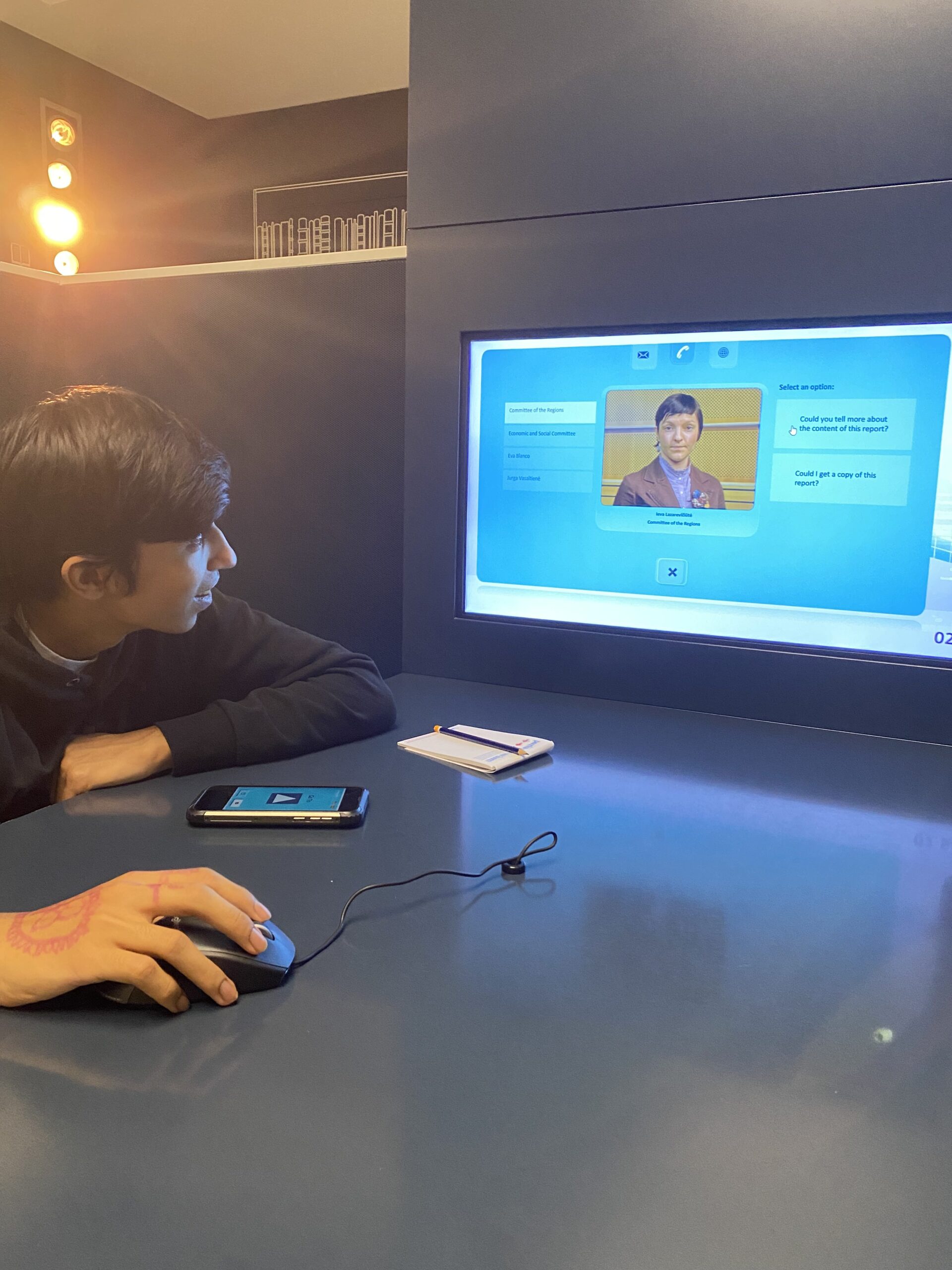This week class 10-12 went on an excursion to Brussels to learn more about the European Union. One group got to learn about the history of the Euro, and the development of money as a key aspect of day-to-day life. Both groups got the opportunity to visit the House of European History and do a self-guided visit in which they learnt about the EU in 12 steps. Some of our older students were even able to use their visit to do research for ongoing projects in both history and politics.
The most exciting part of the trip took place at the European Parliament where students experienced what it’s like to be a Member of European Parliament. They were divided into four groups: each group representing one of the major European parties. Next, they had to interact with multiple stakeholders and decide on whether they would accept the two directives proposed by the European Commission. This activity made us realise just how well-developed our students are in terms of communication and negotiation, and how knowledgeable they are on global issues like water scarcity and privacy.


